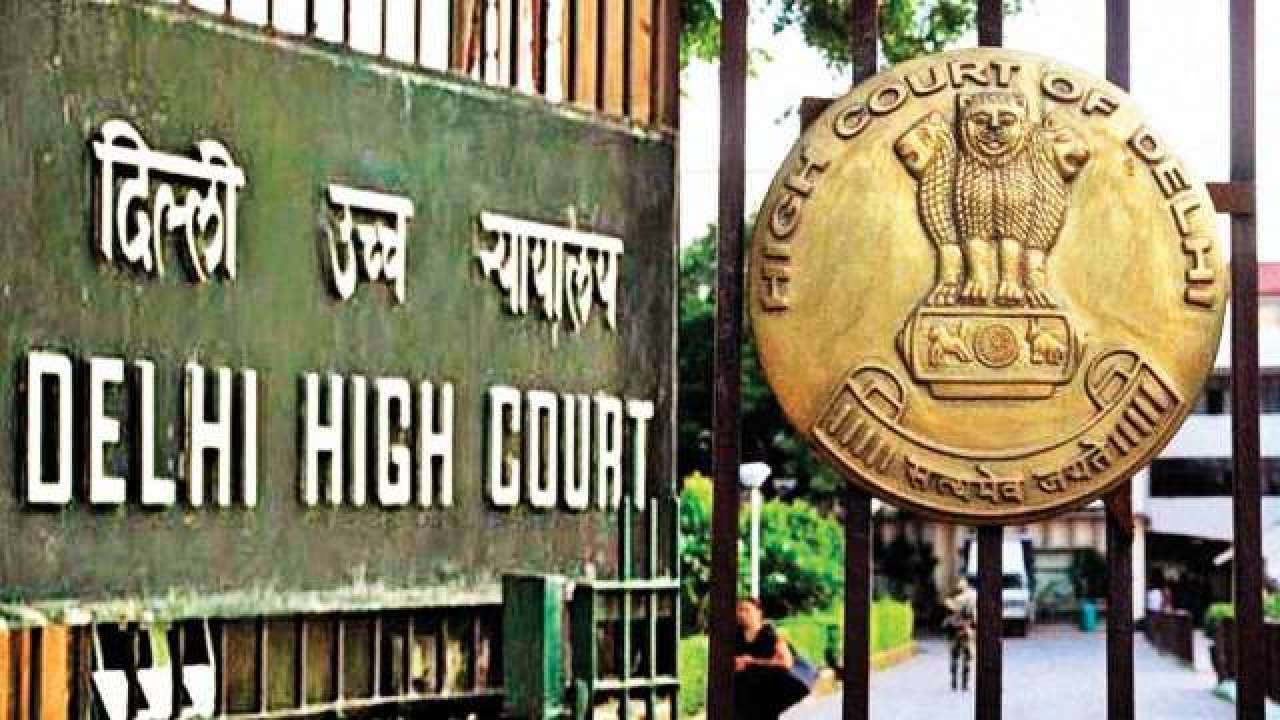Any Person Responsible For Company’s Conduct Of Business At The Time Of Commission Of Offence Can Be Prosecuted Under S.138 Negotiable Instruments Act,1881: Delhi High Court Reiterates

The Delhi High Court, while recently dismissing the petition u/s 482 CrPC challenging the summoning order u/s 138 of Negotiable Instruments Act,1881 (“NI Act”) filed by the accused Company’s Director has observed that any person responsible for the company’s conduct at the time of the commission of offence can be held vicariously liable u/s 138 of the NI Act.
“The prosecution under section 138 of the Act can be launched for vicarious liability against any person, who at the time of commission of offence was in charge and responsible for the conduct of the business of the accused company. Merely because the petitioner did not sign the cheques in question, is not decisive for launching prosecution against him. The plea of the petitioner that the offences were committed without his knowledge cannot be considered at this stage considering the fact that the Complainant has specifically averred that negotiations had taken place with him along with other co-accused persons and they were prima facie aware about the whole series of transaction.”, Single Bench of Justice Rajnesh Bhatnagar noted.
In the present matter, the complainant filed a complaint u/s 138 of the N.I. Act upon the accused's failure to pay an amount of Rs 73,00,000/- upon receipt of legal notice dated 12.08.2019 in lieu of dishonour of nine cheques. The Trial Court vide order dated 04.10.2019 summoned the petitioner for offences U/s 138 of the N.I. Act. Thereafter the petitioner, after availing the remedy of applying for a Revision petition available u/s 397 CrPC,1973, which was dismissed by the Ld. District & Sessions Judge, approached this Court assailing the impugned summoning order dated 04.10.2019.
The petitioner contended that being a director of the company at that relevant time did not make him vicariously responsible for the acts & omissions on the part of the remaining Directors or the accused company as he neither was a signatory to the cheques nor he participated in the transaction in question. It was also urged by the Petitioner's Counsel that there were no allegations against the petitioner with regards to the role he played in the issuance of cheque & that there was no clarity in the averment that he was in charge responsible for the company's day to day affairs.
On the other hand, the respondent's counsel submitted that the petitioner was the company's whole-time director and key managerial personnel since he held approximately 50% shareholding in the company, attended every Board Meeting & was also drawing a salary of Rs 6,60,000/month.
The Court placed reliance on A. R. Radha Krishna v. Dasari Deepthi & Ors. (2019) 15 SSC 550 in which the accused persons were from the same family & were responsible for the conduct of the accused company. In this case it was observed that, “the issue as to what was the role That was played by the Director in the Company or a person in charge of is first ultimately a question of fact and no fixed formula can be fired for the same”.
The Bench observed that the accused persons through their reply dated 27.08.2019 did not deny the role of the petitioner in the negotiations & transactions effected with the complainant. Further it was also pointed out that, “The deal with the complainant was not a trivial or a routine case of marketing, sale or purchase of goods or services. At the cost of repetition, when such a huge investment was being sought from the complainant and applied for the running of the affairs of the company, it is not fathomable that the accused persons were unaware of the financial implications for themselves and for the accused company.”
Referring to the Supreme Court’s judgement in State of Madhya Pradesh v. Yogendra Singh Jadon & Anr (Criminal Appeal No. 175 of 2020) in which it was held that,
“?the power under Section 482 of the Code of Criminal Procedure, 1973 cannot be exercised where the allegations are required to be proved in Court of law”
the Court observed that the issues involved in the facts raised by the petitioner require adjudication on merits. The same can be canvassed by way of defence before the Trial Court & not by invoking at this stage jurisdiction u/s 482 CrPC,1973. “The Court, in exercise of its jurisdiction under Section 482 Cr.P.C. cannot go into the truth or otherwise of the allegations made in the complaint or delve into the disputed question of facts.”
Thus, the Bench while dismissing the petition observed that all the questions involved disputed questions of facts & law which cannot be decided unless & until the parties go to trial & lead their respective evidence.
“Though invariably the initial phase of a litigation under Section 138 of the N.I. Act depends on how well the pleadings or the allegations are laid down or articulated, by the complaint, in the ultimate analysis it is the trial that alone can bring out the truth so as to arrive at a just and fair decision for the parties concerned.”, the Bench remarked.
Case Title: Sumit Bhasin v. State of NCT of Delhi & Anr
Law Point/Statute Involved: Section 138 of Negotiable Instruments Act,1881
